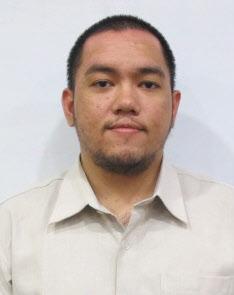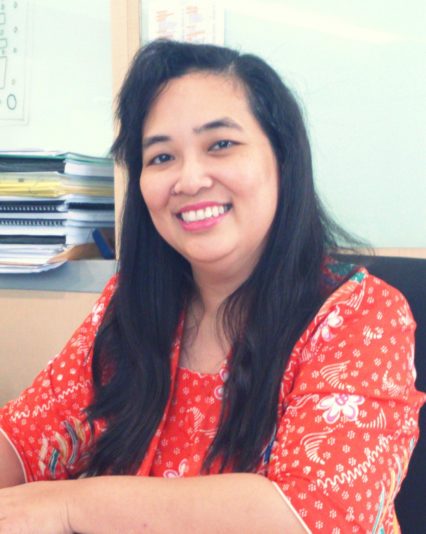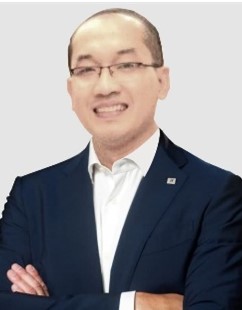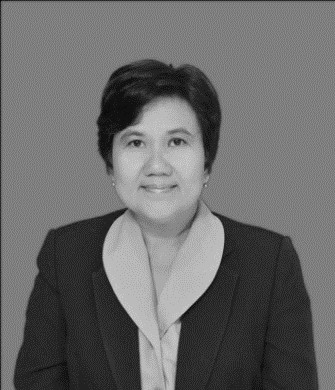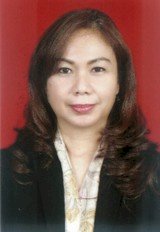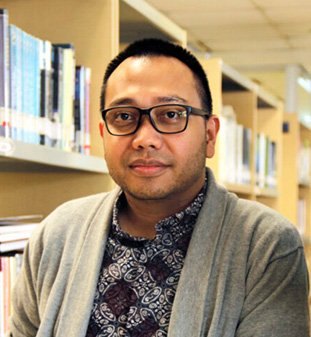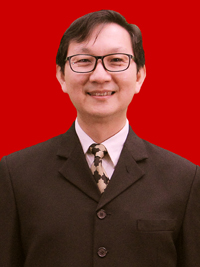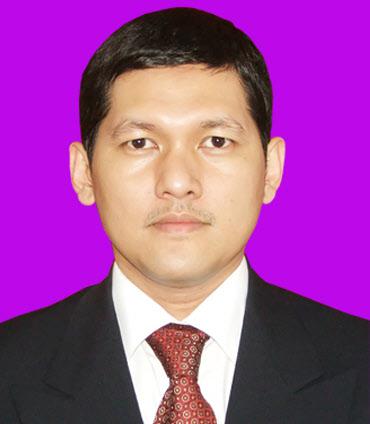Case Document
NETFLIX VS DISNEY+ HOTSTAR VS HBO: HOW DIGITAL MARKETING LEAD ON CONSUMER CHANGING BEHAVIOR
Netflix allows you view TV episodes, movies, animation, and documentaries on internet-connected devices. Netflix has transformed the home entertainment sector during the past 20 years. Netflix disappears every time the home entertainment industry changes. It's waiting for the next consumer fad. Netflix knows its market well. It altered the market by mailing DVDs and then allowing customers to watch films anywhere. The company's early streaming success came from licensing hundreds of successful movies and TV series from content partners. Even when it started generating its own material in 2012, most Netflix customers watched non-original programs, such repeats of Friends, The Office, and Grey's Anatomy (The Walt Disney Company). In 2019, content owners began offering their services. Inspired by Netflix's success, they decided to jump into video streaming, placing them in direct rivalry with their former distribution partner. Netflix's biggest issues are ahead. How should Netflix, a single-play entertainment corporation, react to large competitors?
SAYURBOX: LEADING THROUGH DISRUPTION
This case study illustrates how a start-up business that promotes integration between farmers and end users through a technology platform becomes an intermediary to form a new business model. In addition, in the current disruptive era, technology is very much needed in winning market competition. For this reason, Sayurbox is very relevant to be studied by students. In this case study, there are two important points that are conveyed, namely in the form of challenges and opportunities faced by Sayurbox to be able to adapt.
BNI XPORA: SME GO DIGITAL GO GLOBAL
In this era of increasing globalization, exports play an essential role in the Indonesian economy. Exports are activities carried out by companies or businesses in a country by selling their products outside their country of origin. Exporting is an activity that describes the competitiveness of a country's economy. It is also a by-product of Indonesia's diverse experience, innovation, productivity, and human resources quality. To increase exports, the Government seeks to produce half a million exporters in 9 years. Finance Minister Sri Mulyani Indrawati is optimistic that she will be able to print up to 500 thousand new exporters in 2030.
Many companies have dared to export to various countries, but unfortunately, domestic MSMEs have a low contribution value to Indonesia's export earnings. According to the data obtained, only 14.7% of MSMEs export, which is very small compared to APEC member countries that have reached 35% of MSME exports.
BNI Chairman Director Royke Tumilaar said that P.T. Bank Negara Indonesia, Tbk (BNI) is receiving a mandate from the Ministry of State Enterprises to become an Indonesian international bank that can encourage domestic business players to access global markets. Furthermore, he said: "Export-oriented MSMEs have grown quite a bit, and we have seen some cities quite successful. It is an opportunity for BNI to open up export services for MSMEs. P.T. Bank Negara Indonesia (Persero) Tbk continues to explore its international business potential and can connect with the diaspora in various countries.
To support the country's Small and Medium Enterprises (SMEs) to enter the international market and support government programs, in 2021, P.T. Bank Negara Indonesia (Persero) Tbk. (BNI) has presented the BNI Xpora solution (Export UKM Solution), a solution for SMEs to become productive, global, and digital with the motto Export So Easy. Royke said, in providing Xpora, that it is a platform to help MSMEs transform faster and help them go global.

